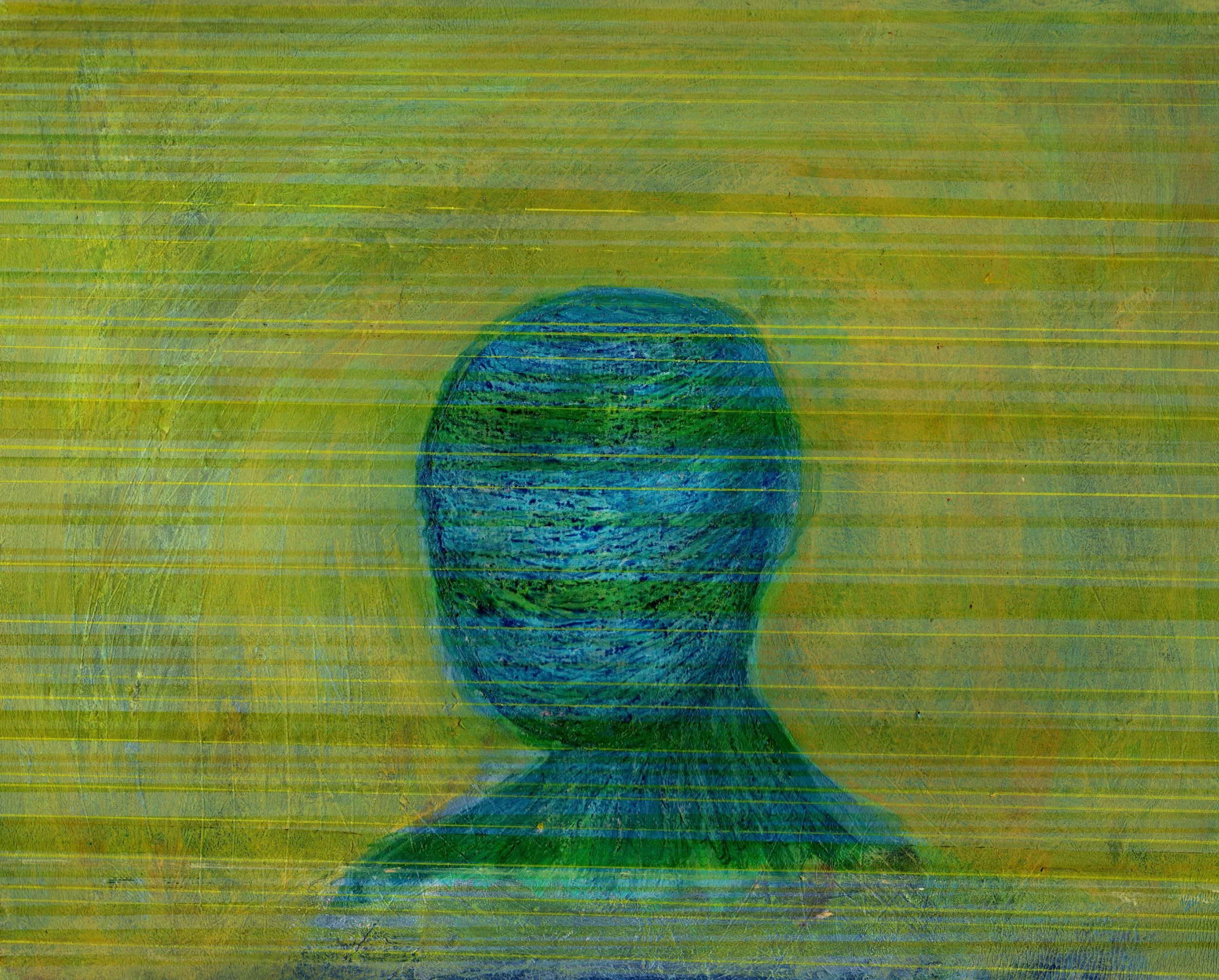During the 10 years my mother spent in her nursing home two states away, I struggled with feelings of guilt and remorse. She suffered from dementia, requiring 24/7 care, and I couldn’t provide it to her. Yet there was always the plaguing thought that I should. I knew it wasn’t realistic. Still, I felt inadequate and like I abandoned her, even though I visited every few months.
Read moreDoes one honor or diminish an elderly parent by insisting on the truth? A reflection by Davida Pines
Kristin Graziano’s “Contents Have Shifted” considers how best to respond to a parent’s dementia-inflected reality. “For years,” Graziano observes about her mother, “I felt compelled to refute her falsehoods. I felt that by correcting her, I could yank her back to The Truth, to the real world. When I did this, sharp words with resentful tones followed, leaving us both frustrated and silent.”
Read moreDementia and Alzheimer’s Disease: When the Outside Looks Different From What’s Happening Inside by Kimberly Mitchell
© The War Outside. From “The Impact of War on Mental Health” series. Claire Lawrence Spring 2022 Intima
One of my most enduring memories of volunteering is of helping with a beauty club for patients with advanced Alzheimer’s Disease. Each week I would be regaled with stories of young women visiting their mothers and planning fun outings with their girlfriends. While I applied makeup and painted fingernails, the smiles and facial expressions were those of young women anticipating a good time.
On the outside these ladies were quite different.
The Thing About ‘Good News’ at the Doctor’s Office by neuropsychology postdoc fellow Sarajane Rodgers
In theory, whenever we go to the doctor, most of us want to hear “good news.” The test is negative. You don’t have ___. Your results are inconsistent with ___. There are times where we take that in and walk away with an emotional weight removed. Other times, we are left with a void. The diagnosis we thought we could hang a hat on is taken away. Now where do we put our hat?
Read moreOut of Time? A reflection about illness and its toll on our past, present and future by Sophia Wilson
In her observant poem “Brain as Timepiece (Administering the Clock-Drawing Test to My Patient With Dementia)” (Intima, Fall 2018), Jennifer Wolkin describes the disordered clockface drawn by a patient with dementia: each number stands outside its perimeter like lost digits. The patient’s subsequent drawing of an ‘X’ over the wayward numbers suggests an erasure, not only of cognitive function, but of time itself. Time’s toll equates to a ‘crossing out’ of past, present and future as the ‘disease devours …organ tissue’.
Read moreMothers and Daughters: A Reflection on Cancer, Caring and Seeing the Whole Picture by poet Kathryn Paul
—After ‘Macroscopic” by Adela Wu (Spring 2021 Intima)
My mother and I were not close. I knew she wanted us to be, but I couldn’t do it her way. For most of my adult life, I kept my distance, emotionally and physically. We lived on opposite sides of the continent. In her 80’s, the creeping dementia my mother never discussed was overtaken by a cruel and much more terrifying diagnosis: Stage IV ovarian cancer.
Aided by her cancer-free twin sister, Mom endured multiple surgeries and two lengthy and debilitating rounds of chemo. Each time, her cancer came roaring back within weeks. Her surgeon suggested an experimental Round Three. Mercifully, her oncologist suggested hospice at home instead.
During the first year of Mom’s illness, I was trapped by my own cancer treatment, unable to participate in her care. I called daily, spoke with her, spoke with my aunt, asked about her pain, her “tummy trouble,” her ascites, and her white count. I took notes and dictated the questions to ask at her next appointment.
As soon as my doctors cleared me to visit her, I did. I was always on the verge of moving in with her, but never quite needed to do so. I flew back and forth. The more debilitated she became—by her cancer and her dementia—the more often I visited.
Adela Wu’s Studio Art piece “Macroscopic” simply and eloquently captures the changes in how I experienced my mother during those last months and weeks. The simplest things gave her joy: A small dish of ice cream. A pain-free nap on the down-stuffed cushions of her couch. Cuddles with her cats. A bird visiting the feeder outside her window.
Even as her disease spread through her body, even as she faded, my mom seemed to crystallize. She became, ultimately, the Essence of herself. And—just at the end—I finally saw her.
Kathryn Paul
Photo by Andrew Givhan
Kathryn Paul (Kathy) is a survivor of many things, including cancer and downsizing. Her poems have appeared in Rogue Agent, Hospital Drive, The Ekphrastic Review, Lunch Ticket, Stirring: A Literary Collection, Pictures of Poets and Poets Unite! The LiTFUSE @10 Anthology. Her poem “Dementia Waltz” appears in the Spring 2021 Intima.
Memory, Dementia and Finding ‘Original Happiness’: A Reflection by Rhiannon Weber
They Tell Me It's Normal Grief by Makoto Ogawa. Spring 2018 Intima
What if a loved one losing their memory made them happier with themselves, others, the world? If all their past abuses, transgressions, phobias, biases, etc. slowly faded away and a smile emerged? Not a senseless smile of ignorance or foolishness but of peace, patience, and serenity…could we accept this?
Read more



